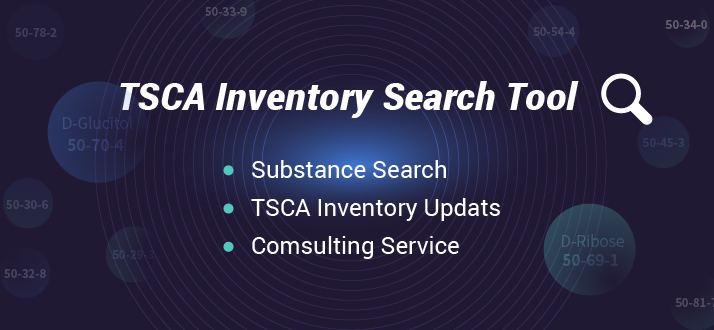EU OSPAR-HOCNF Services
Offshore Chemicals
Offshore chemicals are chemicals intentionally used in connection with offshore exploration and production activities in the maritime area. Offshore chemicals comprise both substances and preparations. According to OSPAR Decision 2000/2 on a Harmonised Mandatory Control System for the Use and Reduction of the Discharge of Offshore Chemicals and OSPAR Recommendation 2000/5 on a Harmonised Offshore Chemical Notification Format (HOCNF), offshore chemical suppliers must provide the national authorities with data and information about chemicals to be used and discharged offshore according to the Harmonised Offshore Chemical Notification Format (HOCNF). Based on the information provided by the chemical supplier, the national authority will carry out the pre-screening and take the appropriate regulatory action, such as issuing discharge permits.
What’s OSPAR?
OSPAR is the mechanism by which fifteen Governments of the western coasts and catchments of Europe, together with the European Union, cooperate to protect the marine environment of the North-East Atlantic. It started in 1972 with the Oslo Convention against dumping. It was broadened to cover land-based sources and the offshore industry by the Paris Convention of 1974. These two conventions were unified, up-dated and extended by the 1992 OSPAR Convention. The new annex on biodiversity and ecosystems was adopted in 1998 to cover non-polluting human activities that can adversely affect the sea. The fifteen Governments are Belgium, Denmark, Finland, France, Germany, Iceland, Ireland, Luxembourg, Netherlands, Norway, Portugal, Spain, Sweden, Switzerland and United Kingdom.
Who should submit HOCNF?
Any offshore chemical supplier who places the offshore chemical in North-East Atlantic of the fifteen OSPAR contracted Governments.
What kinds of chemicals are covered?
The requirements apply to operational chemicals (including contingency chemicals, used to maintain pipelines and ensure pipeline integrity), the use of which may result in discharges to the marine environment. This includes for example:
- rig and turbine washes;
- pipe dopes;
- hydraulic fluids used to control wellheads, blowout preventers and sub-sea valves;
- chemicals used in the actual production and processing of hydrocarbons;
- water-based and organic phase drilling fluids;
- cementing chemicals;
- work-over chemicals;
- stimulation chemicals;
- completion chemicals;
- pipeline chemicals ;
- water injection chemicals;
- water and gas tracers;
- chemicals used in “closed systems” where periodic refill is required;
- jacking grease;
- biocides and oxygen scavengers
Data Requirements of HOCNF
There are three parts that should be concluded in HOCNF:
Part 1 General Information on Substances and Preparations
This part includes such contents as trade name, Supplier and Background Information as regards substance/preparation, SDS, Use and discharge, Fate,composition, General physical properties.
Part 2 Ecotoxicological Information
Three kinds of ecotoxicological information are required in this part: Partitioning and Bio-accumulation Potential, Biodegradability and Aquatic Toxicity.
Part 3 Confirmation Statement
Note: It is essential that all substances included on a HOCNF also fully comply with the relevant requirements of REACH for that substance. Suppliers are therefore advised to accomplish the REACH compliance before they commission relevant tests or complete the HOCNF with existing data.
Our Services
- Check whether the substance is regulated by OSPAR-HOCNF
- Provide compliance strategies
- Help complete and submit HOCNF to national authorities
- Propose coping strategies for supervision measures by national authorities
- Communicate and purchase data from data holders
- Testing supervision • Technical support
Our Strength
- Rich experience from years of compliance practice with EU-REACH, GHS, BPR,etc.
- Regulatory professionals specialized in chemical engineering, environment engeering, biochemical, etc.
- Close working relationship with various official institutes and governments such as ECHA, Europen Commission,etc.
- In-depth cooperation with various laboratories, well positioned to provide which customized, professional and efficient testing proposals
